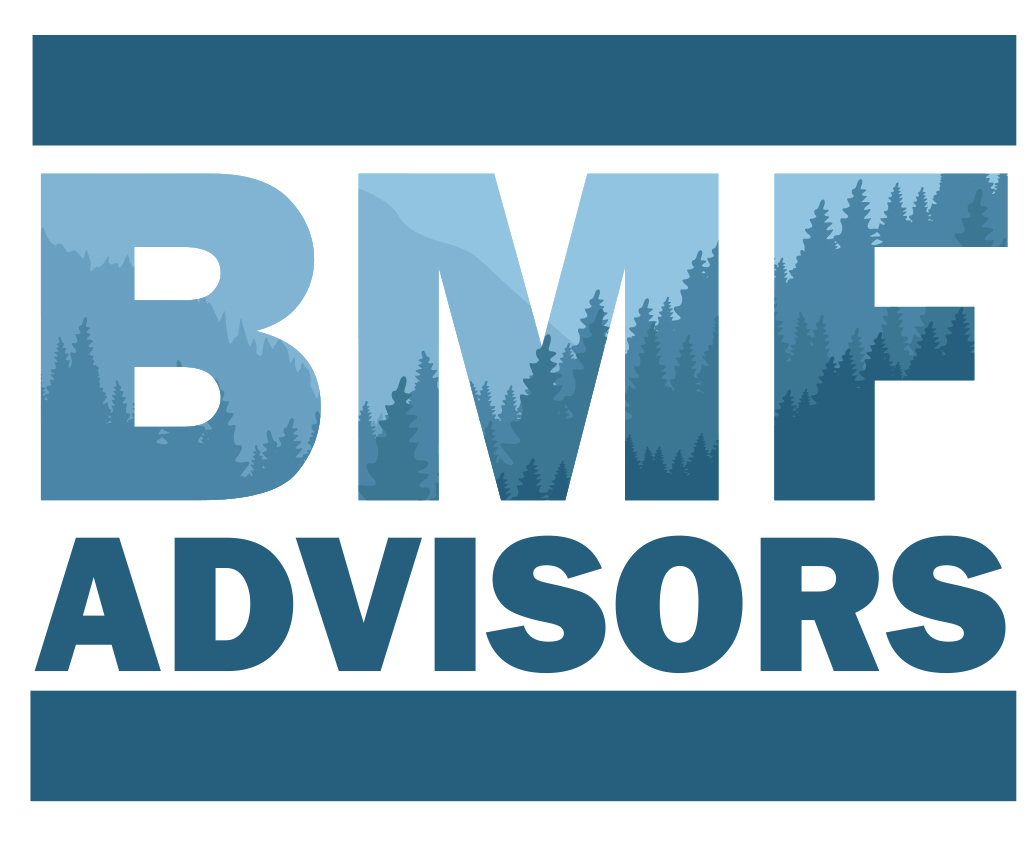Small businesses need funding at various times for many different things. While that funding can come from your cash flow and traditional loans, having a source of credit is always helpful. Here are some useful tips for getting a business line of credit.
Compare Options
Before you apply for any business lines of credit, you should compare the options available to you. You need to determine whether you need a short-term or long-term one and whether you should apply for a secured or unsecured one. You also need to decide between online and bank lines of credit.
Short-term credit lines need to be repaid in a year or less, while long-term ones can be repaid over a longer period. Secured credit lines require collateral or personal guarantees are much more common than unsecured ones. Online lenders may be more expensive, but provide funds faster and tend to have more variety and simpler application processes. Banks offer better rates and terms but are harder to qualify for and slower to provide funds.
Make Sure You Meet All the Requirements
Check what the lender’s minimum requirements are and whether you meet them. If you do, then you can apply. Minimum requirements typically include your credit score or your business’s credit score, an application and related documents, your annual revenue and your time in business. Some lenders may have additional requirements, such as a copy of your business plan or a personal guarantee.
Review Your Funding Needs
Make sure you’re aware of your funding needs before choosing a lender. Business lines of credit can be as small as $2000 or as large as $250,000. Consider what you plan to use the funding for. Some people may use the money to purchase equipment while others might use it to cover gaps in cash flow. You should also think about how long you plan to keep your credit line and how often you plan to use it.
Include All Required Documentation With Your Application
Before you submit your application, review all the documentation the lender wants you to include. Applications often include the following document requirements:
- Your personal or business tax returns
- Your business’s articles of incorporation
- Your business’s financial statements
- A copy of your building lease
If you’re interested in funding for your business, this can be the most flexible option. Because of its flexibility, it’s an excellent choice for startups and businesses with cash flow issues or inadequate credit histories.
